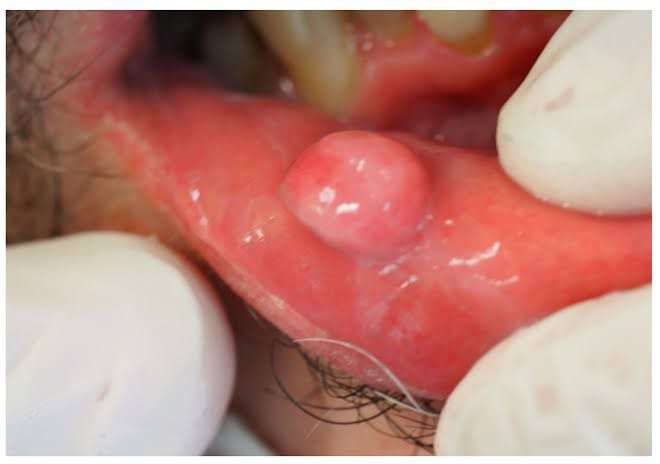

1. Wisdom Tooth Removal
Wisdom teeth, or third molars, usually emerge between ages 17 and 25. In many cases, they don’t have enough space to erupt properly, leading to pain or complications. Timely evaluation and removal can help prevent long-term dental issues.
Types of Wisdom Teeth:
Erupted: Fully visible in the mouth but may be hard to clean, leading to Decay or gum problems.
Partially Erupted: Only part of the tooth breaks through the gum, increasing the risk of infection and food trap.
Impacted: Trapped in the jawbone or gums and may push against nearby teeth, causing pain or crowding
Horizontally Impacted: Grows sideways, often damaging adjacentteeth or roots and requiring surgical removal.
Why Wisdom Teeth May Need Removal:
To prevent or relieve pain, swelling, and infection
To avoid damage to nearby teeth or bone
To reduce the risk of cysts, decay, or gum disease
To protect orthodontic results or future dental work
At our clinic, we provide expert evaluation and safe, com
2. Biopsy and Treatment of Oral Lesions
Early detection is key to managing abnormal growths or suspicious spots in the mouth. We perform precise biopsies to diagnose oral lesions and provide effective treatment plans. Our goal is to ensure accurate diagnosis and timely care to maintain your oral health.

3. Apicectomy (Root-End Surgery)
An apicectomy is a minor surgical procedure performed to treat persistent infection at the tip of a tooth’s root when conventional root canal treatment is not sufficient. During the procedure, the infected tissue and the tip of the root are carefully removed, and the area is cleaned and sealed to promote healing.
When Is Apicectomy Needed?
• Persistent infection or abscess after root canal treatment
• Pain or swelling that doesn’t resolve with nonsurgical therapy
• To save a tooth that might otherwise need extraction
Benefits of Apicectomy:
• Helps preserve natural teeth
• Resolves infection and pain
• Minimally invasive with a quick recovery
Our expert dental surgeons perform apicectomy using advanced techniques to ensure the best outcome and comfort for our patients.

4. Dental Bone Graft
A dental bone graft is a procedure used to rebuild or restore bone in areas where it has been lost due to tooth extraction, gum disease, or trauma. It creates a strong foundation for dental implants or supports overall jawbone structure.
When Is a Bone Graft Needed?
• Before dental implant placement
• After tooth loss to prevent bone shrinkage
• To treat bone defects from injury or periodontal disease
Benefits:
• Restores facial structure and jaw stability
• Enables safe and secure dental implant placement
• Prevents further bone loss
Our expert team offers advanced bone grafting techniques using high-quality graft materials to ensure safe, predictable results and long-term oral health.


5. Treatment of Avulsion, Trauma and Fractures
Facial injuries such as jaw fractures and tooth avulsion (complete tooth displacement) require immediate and specialized care. Our expert oral surgery team provides advanced treatment to stabilize jaw fractures and carefully replant avulsed teeth when possible. We focus on restoring function, relieving pain, and promoting fast, effective healing to help you regain your smile and oral health.
